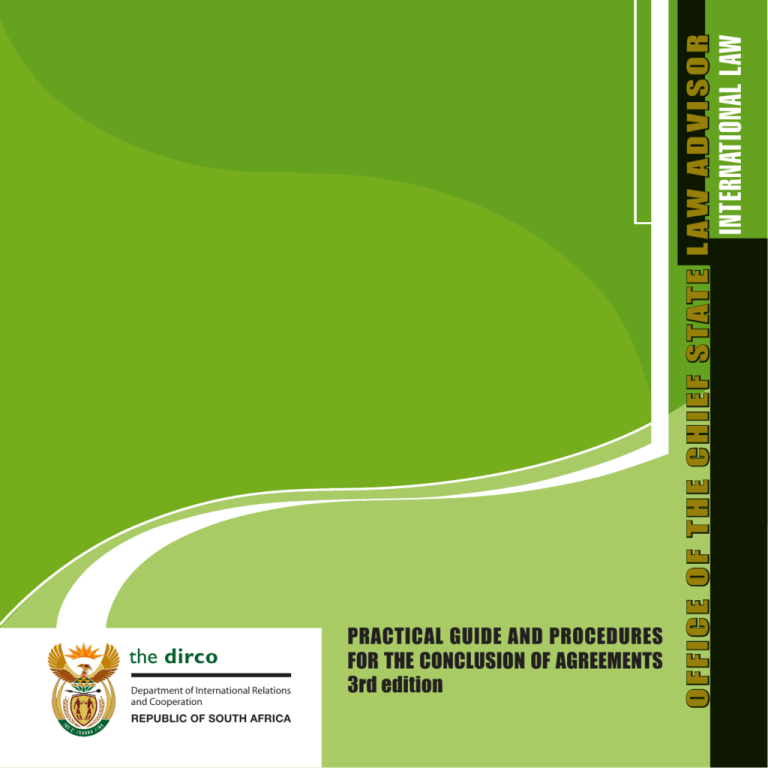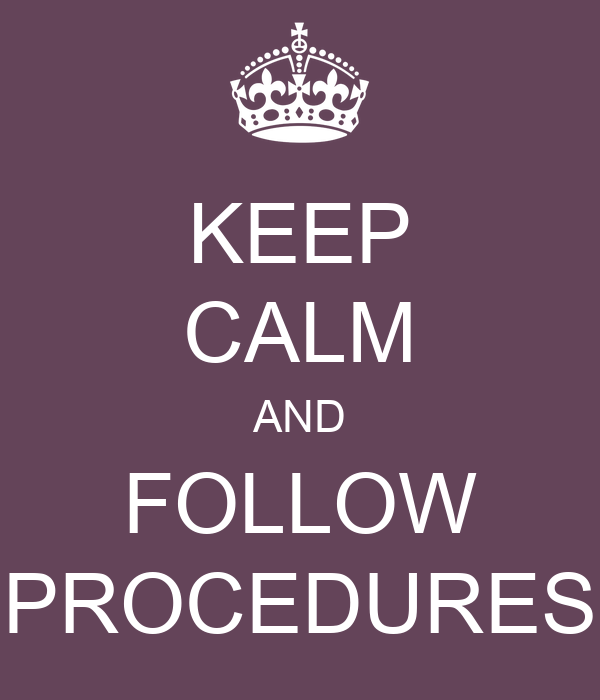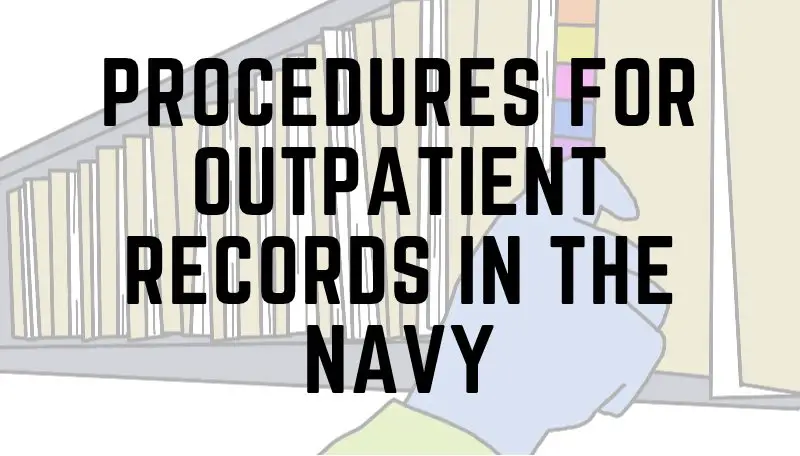How to Run a Limited Company: A Practical Guide to the Procedures to Follow and Records to Keep
Running a limited company comes with a set of responsibilities and procedures that must be followed in order to ensure its smooth operation. From maintaining accurate records to fulfilling legal obligations, understanding the procedures involved is key to running a successful business. This practical guide aims to provide a comprehensive overview of the steps involved in running a limited company, including the importance of record-keeping and the procedures that must be followed.
Table of Contents
1. Introduction to Running a Limited Company
2. Formation of a Limited Company
3. Legal Obligations and Compliance
4. Maintaining Proper Financial Records
5. Conducting Annual General Meetings
6. Appointment and Dismissal of Directors
7. Employee Payroll and Tax Obligations
8. Shareholder Rights and Communication
9. Company Reporting and Filing Deadlines
10. Disposal of Company Assets
11. Dealing with Company Debt
12. Protection of Intellectual Property
13. Changes to Company Name or Structure
14. Resolving Disputes and Breaches
15. Importance of Regular Auditing
1. Introduction to Running a Limited Company
Running a limited company involves establishing a separate legal entity that is distinct from its owners. This provides various benefits such as limited liability and potential tax advantages. However, it also requires following specific procedures and maintaining accurate records to ensure compliance with legal obligations.
2. Formation of a Limited Company
The first step in running a limited company is its formation. This involves choosing a suitable company name, registering with the relevant authorities, and appointing directors and shareholders. Following the proper procedures during the formation stage lays a solid foundation for the company’s future operations.
3. Legal Obligations and Compliance
Compliance with legal obligations is crucial for the smooth functioning of a limited company. This includes fulfilling requirements set by company law, tax authorities, and regulatory bodies. Understanding and adhering to these obligations helps maintain the company’s reputation and avoids legal penalties.
4. Maintaining Proper Financial Records
Accurate financial record-keeping is essential for any limited company. This involves maintaining records of income, expenses, assets, and liabilities. Timely and accurate financial reporting is vital for decision-making, tax purposes, and demonstrating transparency to shareholders and creditors.
5. Conducting Annual General Meetings
Limited companies are required to hold annual general meetings (AGMs) to communicate with shareholders, discuss company affairs, and make important decisions. Following the correct procedures for AGMs ensures effective communication and compliance with legal requirements.
6. Appointment and Dismissal of Directors
The appointment and dismissal of directors are significant procedures in running a limited company. Care must be taken to comply with legal requirements, such as conducting proper board meetings and adhering to the company’s articles of association.
7. Employee Payroll and Tax Obligations
Limited companies with employees must fulfill various payroll and tax obligations. This includes deducting and remitting income tax and national insurance contributions from employees’ salaries. Following the correct procedures for payroll and tax ensures compliance with HM Revenue and Customs regulations.
8. Shareholder Rights and Communication
Effective communication with shareholders is vital for maintaining trust and transparency in a limited company. Ensuring shareholder rights are respected and addressing their concerns in a timely manner contributes to the company’s overall success.
9. Company Reporting and Filing Deadlines
Limited companies must adhere to specific reporting and filing deadlines imposed by regulatory bodies. This includes submitting annual financial statements and other relevant documents within the required timeframes. Failure to comply can result in penalties and damage the company’s reputation.
10. Disposal of Company Assets
Proper procedures must be followed when disposing of company assets, such as equipment, property, or intellectual property rights. This ensures that the company receives fair value for its assets and avoids any legal disputes.
11. Dealing with Company Debt
In the event of company debt, it is essential to follow proper procedures to address the situation. This may involve negotiating with creditors, restructuring existing debt, or considering insolvency options. Acting responsibly during these situations protects the interests of all stakeholders involved.
12. Protection of Intellectual Property
Limited companies often possess valuable intellectual property, such as trademarks, copyrights, or patents. Protecting these assets through proper registration and enforcement procedures safeguards the company’s competitive advantage and potential revenue streams.
13. Changes to Company Name or Structure
If a limited company decides to change its name or structure, several procedures need to be followed. This includes updating relevant documentation, notifying regulatory bodies, and ensuring compliance with legal requirements. Proper execution of these procedures minimizes disruption and confusion in the company’s operations.
14. Resolving Disputes and Breaches
In case of disputes or breaches within the company, following proper procedures for conflict resolution is essential. This may involve mediation, arbitration, or legal action, depending on the nature and severity of the issue. Resolving conflicts promptly and fairly maintains a harmonious working environment.
15. Importance of Regular Auditing
Regular auditing provides an objective assessment of a company’s financial health and compliance with regulations. Engaging professional auditors to conduct thorough examinations ensures accuracy, transparency, and helps identify areas for improvement.
In conclusion, running a limited company requires adherence to specific procedures and maintenance of accurate records. From formation to compliance, financial management to shareholder communication, following the correct procedures ensures the company’s success. By embracing these practices and upholding legal obligations, business owners can confidently navigate the complexities of running a limited company.
FAQs:
Q1: What are the key procedures involved in running a limited company?
Q2: Why is accurate record-keeping important for a limited company?
Q3: How often should annual general meetings be held?
Q4: Can a limited company change its name or structure?
Q5: What are the consequences of non-compliance with legal obligations for a limited company?
Gallery
Practical Guide And Procedures For The Conclusion Of Agreements

Photo Credit by: bing.com /
KEEP CALM AND FOLLOW PROCEDURES – KEEP CALM AND CARRY ON Image Generator

Photo Credit by: bing.com / follow procedures calm keep merda di che giornata poster matic boia voted nobody yet why don dad keepcalm
What Are The Procedures For The Health Outpatient Record Forms

Photo Credit by: bing.com / outpatient procedures
A Practical Guide To Laser Procedures – AJLOBBY.COM

Photo Credit by: bing.com / procedures practical laser guide book
How To Run A Limited Company: A Practical Guide To The Procedures To

Photo Credit by: bing.com /






